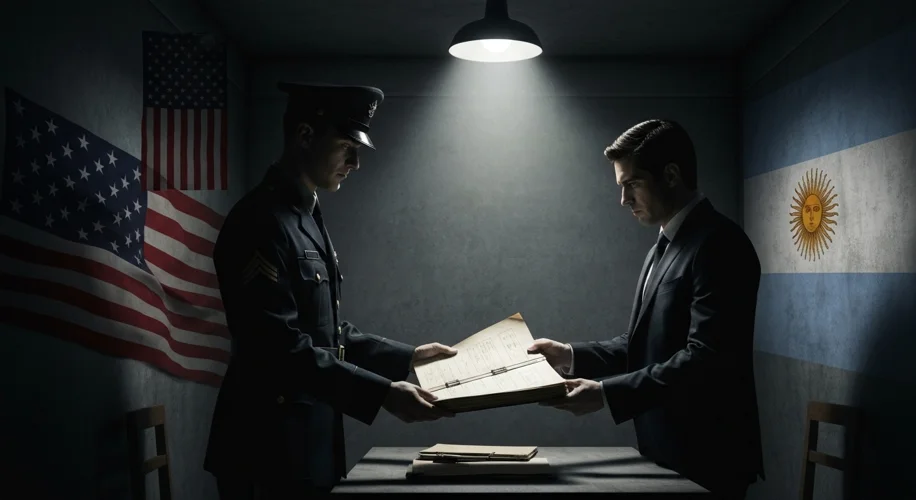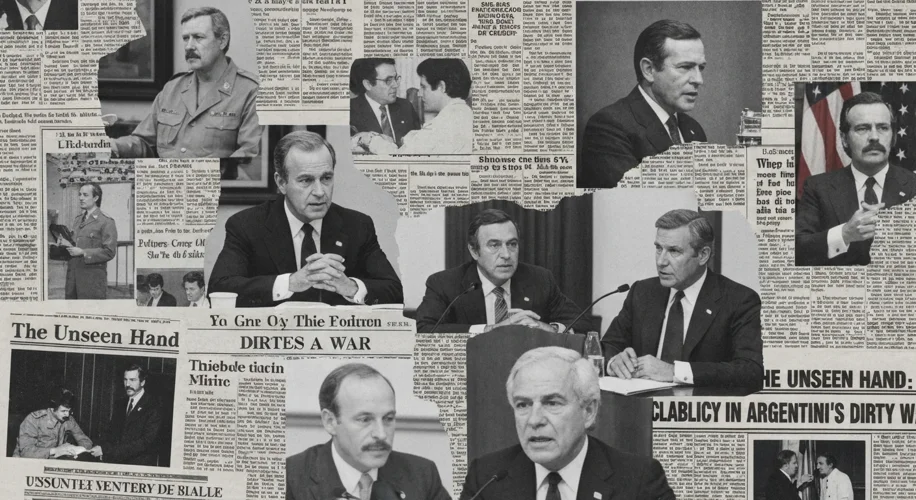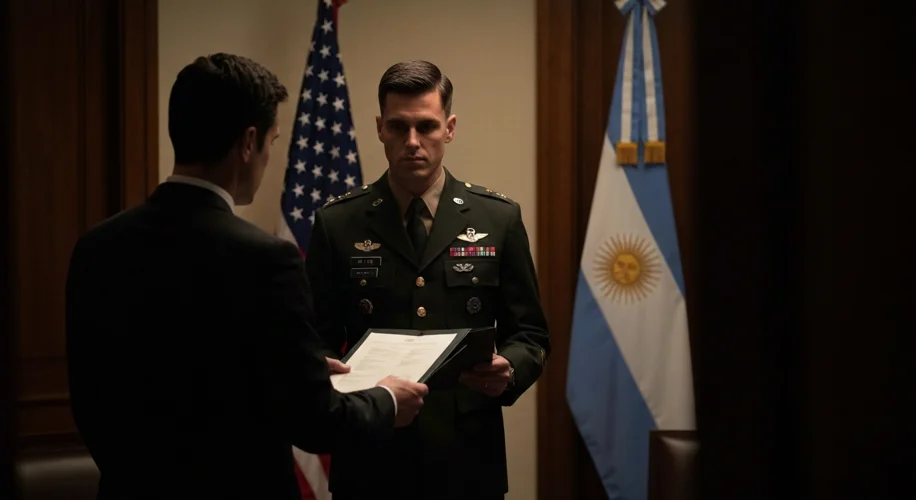The year is 1976. Argentina is in the throes of a brutal military coup. General Jorge Rafael Videla seizes power, ushering in an era that would become known as the “Dirty War.” For the next seven years, the military junta systematically suppressed dissent, employing widespread torture, disappearances, and extrajudicial killings. Estimates suggest that thousands of Argentinians, labeled as “subversives,” were murdered or vanished without a trace.
But what if the echoes of this terror reached far beyond the borders of Argentina? What if a global superpower, a supposed beacon of democracy, played a role in its darkest hours?
The United States, under President Gerald Ford and later Jimmy Carter, was certainly aware of the atrocities occurring in Argentina. Declassified documents and testimonies from former intelligence officials reveal a disturbing pattern of complicity, often couched in the language of anti-communism. The prevailing Cold War doctrine prioritized containing Soviet influence, and in the junta’s eyes, any opposition, no matter how mild, was tainted by communist ideology.
Argentina’s military leadership, eager to legitimize their rule and eliminate perceived threats, actively sought support from the United States. They presented their campaign as a necessary fight against left-wing guerrillas and perceived communist infiltration. US intelligence agencies, particularly the CIA, were not merely passive observers; they actively engaged with Argentine counterparts, providing crucial intelligence, training, and tacit approval. This support, though often deniable, provided the junta with the confidence and capability to carry out their brutal campaign.

One of the most chilling aspects of this complicity was the sharing of intelligence. The US provided the junta with information about individuals deemed “subversive,” effectively handing them over to a regime known for its ruthless methods. This intelligence sharing was not a one-off event but a sustained effort that facilitated the junta’s campaign of terror. The infamous Operation Condor, a clandestine agreement among South American dictatorships to assassinate political opponents, received covert US backing. This network allowed dissidents to be hunted, captured, tortured, and killed across national borders, with the US often turning a blind eye or even providing assistance.
However, not everyone in the US government was comfortable with this alliance. Within the State Department and among human rights advocates, there were growing concerns about the junta’s human rights record. As evidence of systematic abuses mounted, pressure grew for the US to condemn Argentina’s actions and withdraw its support. President Carter, in particular, attempted to condition military aid on improvements in human rights, but his efforts were often undermined by more hawkish elements within the military and intelligence communities who prioritized geopolitical stability and anti-communist objectives above all else.

The consequences of this complicity were devastating for Argentina. The Dirty War left deep scars on the nation’s psyche, with thousands of families forever marked by the loss of loved ones. The economic policies enacted by the junta, coupled with the social and political turmoil, had long-lasting repercussions.
For the United States, the revelations of its role in the Dirty War have cast a long shadow over its foreign policy and its image as a global champion of human rights. While the Cold War era demanded difficult choices and strategic alliances, the extent of US involvement in supporting a brutal dictatorship continues to be a source of controversy and a stark reminder of the complex and often morally ambiguous nature of international relations.
The story of US complicity in Argentina’s Dirty War is not just a chapter in history; it is a cautionary tale. It highlights the dangers of prioritizing ideological battles over human lives and the critical importance of transparency and accountability in foreign policy. The “unseen hand” of external support can have devastating consequences, and understanding this history is crucial to ensuring that such atrocities are never again facilitated by those who claim to stand for freedom.

